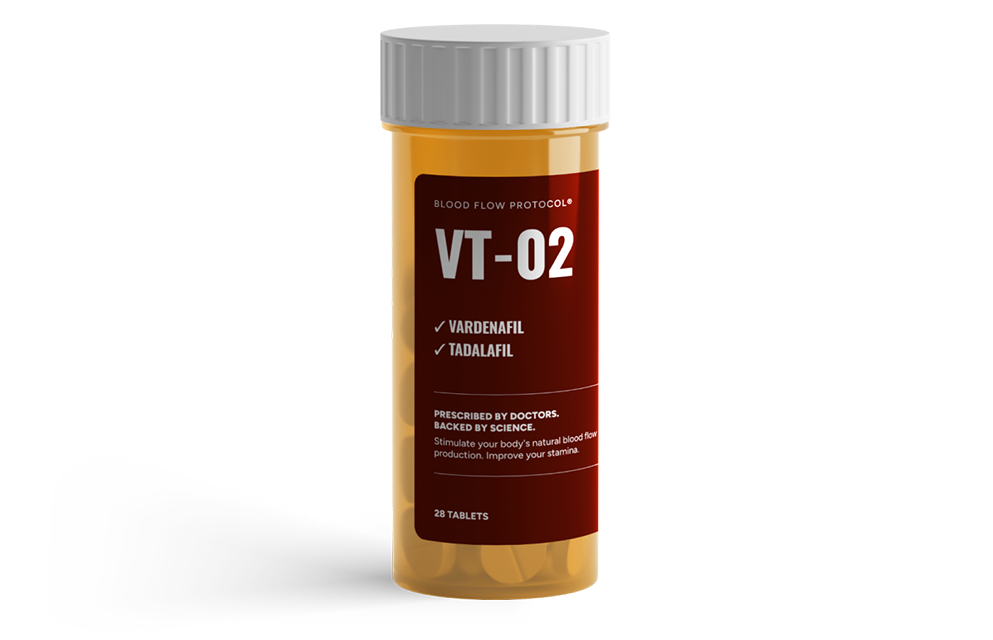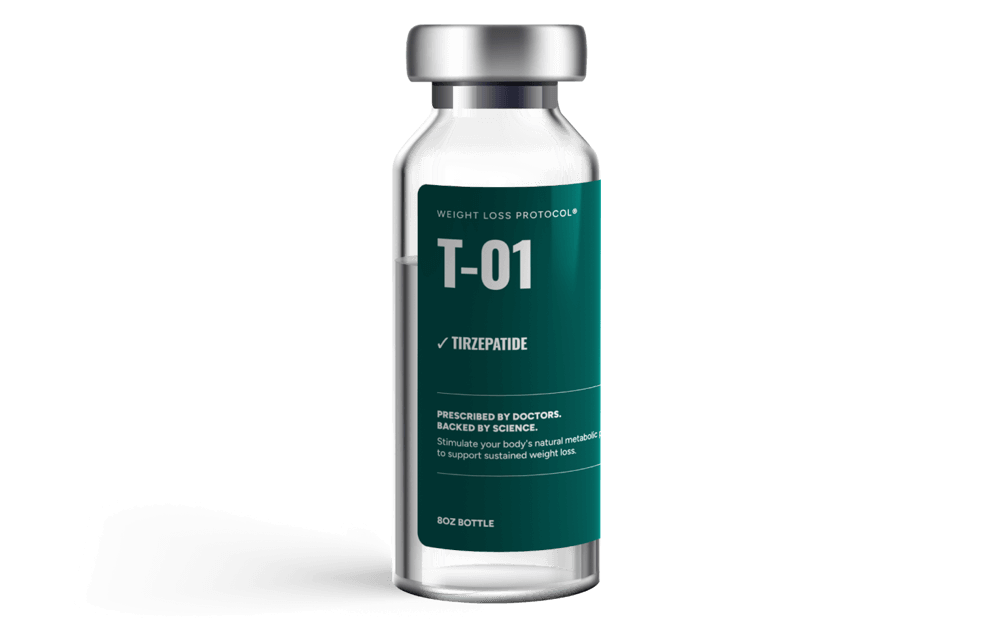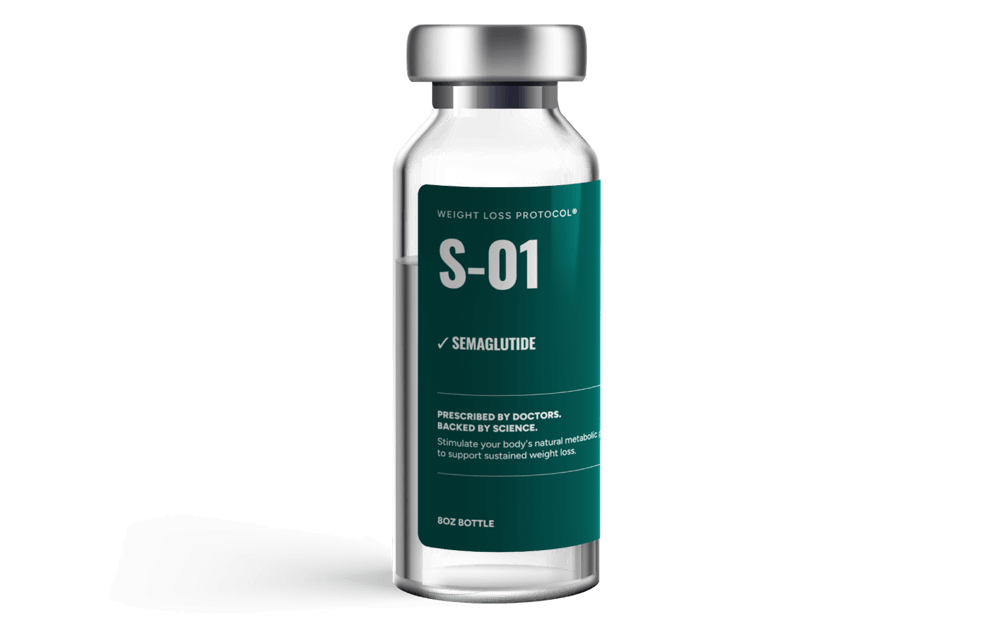Introduction
Nearly 1 in 3 adults in the U.S. are overweight, and more than 2 in 5 adults are obese. A higher intake of processed foods and a widespread drop in physical activity are major contributors to this epidemic, which can lead to a range of health problems including type 2 diabetes, high blood pressure, heart disease, stroke, and some types of cancer.
New weight loss treatments are emerging all the time, and one of the newest is tirzepatide, commonly known as the medication Mounjaro®. This injectable drug was originally intended to treat type 2 diabetes due to its ability to lower blood sugar, but it has also become increasingly popular as a weight-loss treatment, revered by celebrities like Charles Barkley, who claimed to have lost 60 pounds using the drug.
But can anyone use tirzepatide? And how long does it take to work? Read on to explore the connection between tirzepatide and weight loss and find out what to expect when you start taking the medication, including potential side effects.
Key takeaways:
- When combined with diet and exercise, tirzepatide is an effective weight loss medication for long-term use.
- It belongs to a class of drugs known as glucagon-like peptide-1 (GLP-1) receptor agonists and glucose-dependent insulinotropic polypeptide (GIP) receptor agonists, mimicking the hormones that are released after eating to control appetite, lower blood sugar, and slow digestion.
- Initially intended to treat type 2 diabetes, tirzepatide was granted a “Fast Track” designation by the FDA in 2022 for weight loss in obese individuals or people who are overweight with weight-related comorbidities.
- Tirzepatide may cause nausea, diarrhea, and fatigue, but slowly increasing the dosage over time should lessen these symptoms.
What is tirzepatide?
Tirzepatide is both a glucagon-like peptide-1 (GLP-1) receptor agonist and a glucose-dependent insulinotropic polypeptide (GIP) receptor agonist. It mimics the hormones that are released after eating to control appetite, lower blood sugar, and slow digestion. Because it affects two hormones, it has a unique advantage over similar medications like semaglutide, which only targets GLP-1 receptors.
Developed by the pharmaceutical company Eli Lilly & Co., the medication was approved by the FDA in March 2022 as an adjunct to diet and exercise to improve glycemic control in adults with type 2 diabetes. In late 2022, tirzepatide granted a “Fast Track” designation to be reviewed for the treatment of individuals who are obese or overweight with a weight-related comorbidity. This means the drug will potentially be approved for weight loss sooner than is typical for medication approval.
How does tirzepatide work for weight loss?
Tirzepatide targets the GLP-1 and GIP receptors in the brain that regulate appetite, food consumption, and fullness. Both GLP-1 and GIP are incretin hormones, which are secreted from the intestine after eating to stimulate insulin secretion from the pancreas. Tirzepatide mimics the effects of these hormones, leading to significantly improved glycemic control in type 2 diabetics and significant weight reduction.
Breakdown of how tirzepatide works:
- Taking tirzepatide signals the pancreas to make more insulin, which lowers blood sugar. This is the same thing that incretin does when you consume food.
- Its dual agonism ability leads to a more significant reduction of hyperglycemia compared to other GLP-1 agonist agents, like semaglutide.
- In addition, tirzepatide inhibits the release of glucagon from the pancreas and increases the levels of adiponectin, helping to stimulate glucose utilization and fatty acid oxidation, thus suppressing the appetite and burning fat.
- Tirzepatide also slows the digestion of food while also slowing down your stomach emptying, leading you to feel more satisfied after a meal and stay full longer.
Studies on tirzepatide and weight loss
When combined with diet and exercise, studies have indicated that tirzepatide is an effective weight loss drug for long-term use. In a 72-week trial in non-diabetic participants with obesity, taking tirzepatide once a week provided “substantial and sustained reductions in body weight.” Those who took tirzepatide had an average weight loss of 15% to 20% of their starting body weight, while those who took placebo only had an average of 3% weight loss.
Other research has shown that when compared to other incretin mimetics like liraglutide and semaglutide, tirzepatide had better weight reduction in non-diabetic patients, and the safety results were similar without difference.
According to Louis Aronne, MD, a co-author in the 72-week trial cited above, the weight loss seen with tirzepatide is comparable to bariatric surgery, with participants having around a threefold greater percent reduction in fat mass compared with lean mass, resulting in an overall improvement in body composition. Regardless of baseline BMI category, 9 out of 10 people were able to achieve the ≥ 5% body weight reduction threshold across all doses of tirzepatide, and at the higher doses, over one third had a weight loss of 25% or more.
How long does tirzepatide take to work?
In this 2023 study comparing tirzepatide to semaglutide in patients with type 2 diabetes, The median time to achieve a body weight loss of ≥ 5% was around 16 weeks for a 5 mg dose, 12.4 weeks for a 10-15 mg dose, and 24 weeks for a 1 mg dose. This was considered to be “significantly faster” than the effects of semaglutide. The study also showed that taking tirzepatide also helped subjects achieve glycaemic thresholds faster (around 8 weeks). However, tirzepatide may take longer and your doctor will likely work with you to determine the right dose for your exact needs.
How long do you stay on tirzepatide for weight loss?
Like semaglutide, tirzepatide seems to be ideal for long-term use due to a possibility of experiencing rebound weight gain when coming off the drug. According to the drug’s manufacturer, you likely will have to take it continuously to maintain results, but it’s worth noting that the medication is still new. More time and research will give us a better idea of how the rebound effects of tirzepatide will compare to similar drugs.
Side Effects and Considerations
The most commonly reported side effects of tirzepatide include:
- Nausea
- Diarrhea
- Vomiting
- Acid reflux
- Constipation
- Fatigue
- Lower efficacy of oral contraceptives
Your doctor will typically start you off with a low dosage and increase it over time to help lessen these side effects.
You should avoid tirzepatide if you have a history of medullary thyroid cancer, gallbladder disease, pancreatitis, diabetic retinopathy, or multiple endocrine neoplasia syndrome type 2 (MEN2).
The bottom line: Tirzepatide is an effective weight loss treatment when combined with diet and exercise, but is not yet cleared by the FDA to treat obesity.
Tirzepatide promotes weight loss in diabetic and non-diabetic patients with obesity or individuals who are overweight with a weight-related comorbidity. The medication is not yet approved by the FDA to treat obesity, but as of 2023 it is on the “Fast Track” to being approved.
When combined with diet and exercise, the medication has helped users achieve up to 20% of their body weight, and is said to work faster and have more significant results when compared to similar drugs like semaglutide. Its unique function as an incretin mimetic helps to lower blood sugar, reduce appetite, and slow digestion, leading to significant weight loss and fat reduction. The drug should be used long term to maintain results.
If you’re thinking of using Tirzepatide, you should ask your doctor if this medication is right for you. When the drug is finally approved for weight loss, it will be the first of its kind as a dual GLP-1 and GIP receptor agonist. Until then, start working on improving your diet and exercise regime so you’re ahead of the game for this game-changing medication.
References
- https://www.niddk.nih.gov/health-information/health-statistics/overweight-obesity
- https://www.insider.com/ozempic-celebrities-denied-semaglutide-wegovy-weight-loss-drugs-khloe-kardashian-2023-3#charles-barkley-said-he-lost-62-pounds-on-mounjaro-4
- https://investor.lilly.com/news-releases/news-release-details/lillys-tirzepatide-achieved-157-weight-loss-adults-obesity-or
- https://www.ncbi.nlm.nih.gov/pmc/articles/PMC4020673/
- https://www.ncbi.nlm.nih.gov/books/NBK585056/
- https://www.sciencedirect.com/science/article/pii/S2589936822000585
- https://www.nejm.org/doi/full/10.1056/NEJMoa2206038
- https://www.ncbi.nlm.nih.gov/pmc/articles/PMC10159347/
- https://www.medscape.com/viewarticle/992211
- https://www.ncbi.nlm.nih.gov/pmc/articles/PMC10126190/
- https://www.fiercepharma.com/pharma/quitting-lillys-tirzepatide-may-be-difficult-many-obesity-patients











